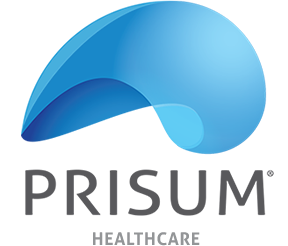Uses as natural remedy
Milk thistle is rich in beneficial substances such as beta-carotene, fumaric acid, silandrine, silibin, silicristin, silymarin, silydianin. It also contains many nutrients such as fatty acids, calcium, phosphorus, potassium, manganese, selenium and zinc.
Milk thistle consumptions is known to help the liver cleanse itself of accumulated toxins. Its seeds are edible, have a sweet taste and oily texture and can be eaten in salads or fresh juices. Milk thistle flowers are used to make tea. A higher concentration of silymarin is available when consuming milk thistle extract. The roots are frequently eaten raw as part of a salad platter or cooked.
Other names
Milk Thistle, Artichaut Sauvage, Blessed Milk Thistle, Cardo Lechoso, Cardui Mariae Fructus, Cardui Mariae Herba, Carduus Marianum, Carduus marianus, Chardon Argenté, Chardon de Notre-Dame, Chardon Marbré, Chardon-Marie, Épine Blanche, Holy Thistle, Lady's Thistle, Lait de Notre-Dame, Legalon, Marian Thistle, Mariendistel, Mary Thistle, Our Lady's Thistle, Silibinin, Silybe de Marie, Silybin, Silybum, St. Mary Thistle.
ProHumano+ products containing Silybin
Did you know?
Non-alcoholic Fatty Liver Disease is the most common chronic liver disease in children living in developed countries.
affects
Information source:
Pediatric Nonalcoholic Fatty Liver Disease: Prevalence, Diagnosis, Risk Factors, and Management Stavra A. Xanthakos, Rohit Kohli- Clinical Liver Disease, Vol. 1, No. 4, August 2012, AASLD
Causes, symptoms and prevention methods for hepatic steatosis
The liver is the largest internal organ in the human body and the only visceral organ that has the ability to regenerate completely, to its previous size and capacity, without losing its functions during the growth process.
The liver is responsible for over 500 essential functions, the main ones being in the body’s metabolic processes.














